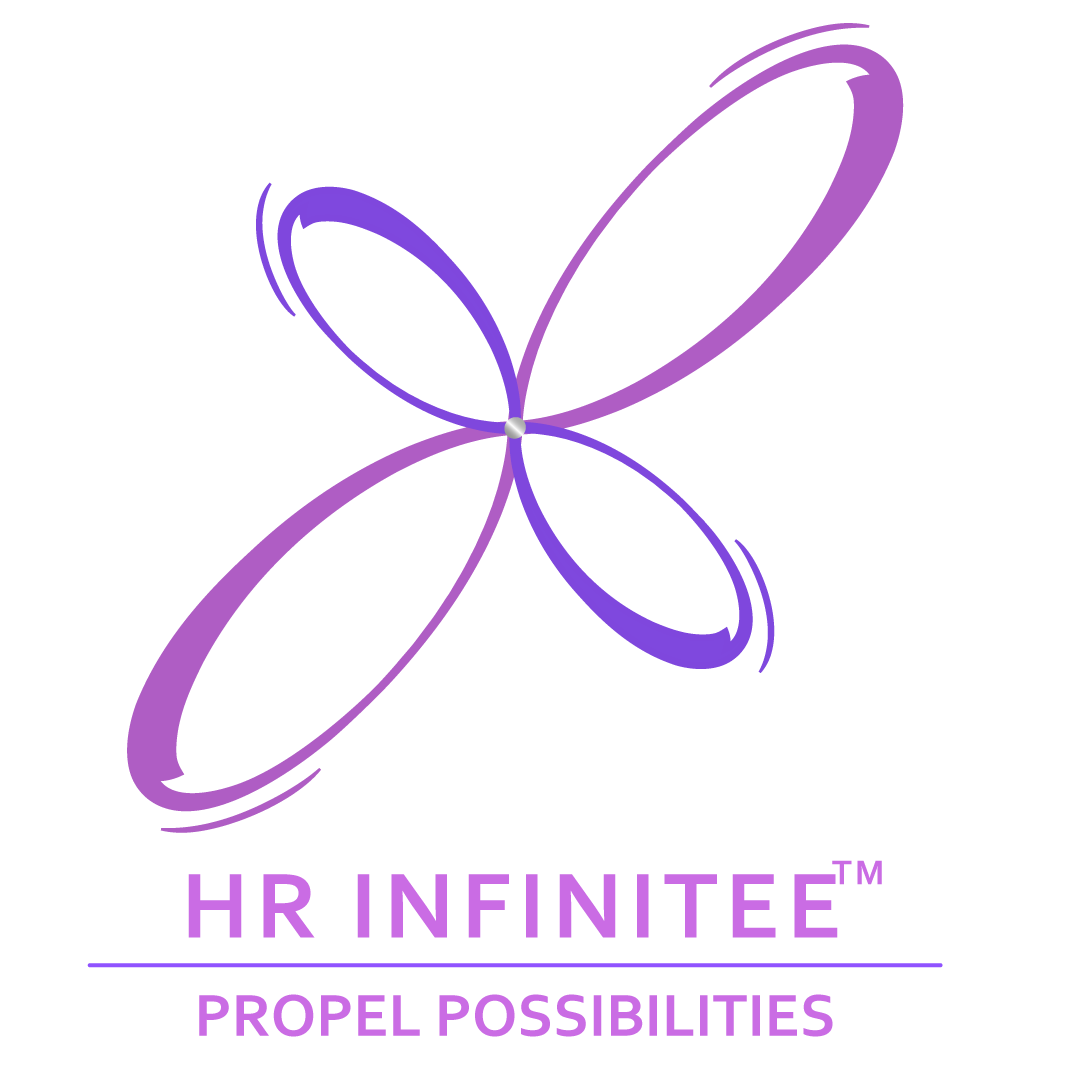Measure the Strength of Your Infinite Potential Team





What You Can Measure, You Can Transform
- Improved hiring effectiveness and employee retention.
- Deeper alignment between individual strengths and business goals.
- Valuable in both personal and professional growth, with greater clarity to move forward in a career.
- Improved ability to make more informed hiring and promotion decisions while reducing the risks of mis-hires.
- Better team dynamics as teams can be designed around complementary traits, work styles, and behavioural alignment.
- Reduced hiring costs and time by using assessment data to craft targeted interview questions, exploring specific strengths, weaknesses, and behavioural patterns.
- Clearer succession planning through leadership-focused assessments.
- More improved decisions by managers with psychometric tools, thus improving their overall effectiveness.
Decoding Potential at Every Level of Talent
1. C-Suite & Senior Executives
2. Functional & Business Unit Heads
3. HR & Talent Acquisition Teams
4. Learning & Development Professionals
5. Career Coaches & Facilitators
6. High-Potential Talent & Successors
7. Working Professionals
8. Startup Founders Scaling Strategic Roles
9. Teams Undergoing Restructuring or Rapid Change

How do We Decode with Context and Clarity?
Requirement & Context Mapping
We start with role analysis and success profiling to align with clients' needs and goals, assessing the right tools and processes.Run Assessments
Participants complete the assessment via a guided, digital process.Decode Assessments
Our certified professionals interpret psychometric reports – delivering meaningful, decision-ready insights, suggestions to help you choose the right fit.Integrating Assessment Outcomes
Finally, we support you by designing and conducting more effective interviews, coaching plans, or team development journeys – bringing clarity & confidence.Use Cases of Our Psychometric Assessments


The Talent Is There — Let’s Bring It Into Focus
Why Choose HR Infinitee for Psychometric Assessment?


Stories of Leadership Transformation


Frequently Asked Questions
Psychometric assessments are scientifically developed tools and tests designed to evaluate a person’s capabilities, traits, limitations, and values. These assessments are used for various purposes, such as promoting self-awareness, facilitating career growth, and enhancing the talent acquisition and succession planning processes.
To begin, psychometric assessment providers typically use a series of questionnaires or tests to assess an individual’s personality and qualities. Based on the results, they offer recommendations on how the individual can best utilize their strengths and where they can make the most impact.
Psychometric assessments for recruitment is basically a data-backed hiring process thus it benefit in the following ways:
- Make more informed decisions, reduce the risk of mis-hires, and enhance the overall quality of your hires.
- Targeted Interview Questions: Use assessment results to craft targeted interview questions, exploring specific strengths, weaknesses, and behaviors.
- Deeper Insights: Combine assessment data with interview responses to gain a more comprehensive understanding of each candidate.
While many personality tests measure how people see themselves, a professional psychometric assessment goes deeper — it evaluates how others are likely to experience that person at work.
Tools like Hogan Assessments focus on workplace behavior, leadership potential, and values alignment, making them more actionable for hiring, coaching, or leadership development than traditional personality inventories.
BEI (Behavioral Event Interview) is a structured interviewing technique used to assess a candidate’s past experiences and behaviors as a predictor of their future performance. It focuses on specific behavioral events or experiences that demonstrate a candidate’s skills, abilities, and competencies.
While BEIs focuses on part behavior experience and actions, psychometric assessment predicts behavior, abilities and other aspects of a persons personality. So by validating the outcomes of psychometric assessments, BEI provides more grounded assessments to predict future outcome.
- Hogan Assessments are ideal for executive psychometric assessment — they measure everyday personality (HPI), derailers under stress (HDS), and core values (MVPI).
- Harrison Assessments specialize in job-role fit, paradoxical traits, and engagement risk, making them excellent for recruitment.
- VIA Strengths Assessment, grounded in positive psychology, identifies character strengths for leadership growth, team coaching, and personal fulfillment.
Yes. Psychometric assessments for professionals in leadership roles offer powerful insights into self-awareness, behavioral triggers, motivation, and derailment risks.
By integrating Hogan or VIA into leadership coaching, organizations can shape more grounded, emotionally intelligent, and future-ready leaders — with clear development paths, not generic feedback.
Yes — especially when aligned with the future role. It helps evaluate readiness, cultural alignment, and development gaps — so promotions are earned, sustainable, and supported.
They do — when applied with the right lens. For early-career talent, assessments like Harrison help gauge learning agility, role preferences, and behavioral potential — even in the absence of past work experience.
Yes, they can transform them. Psychometric assessment of personality and values uncovers how team members think, interact, and handle feedback or conflict.
By understanding individual drivers, strengths, and stress behaviors, leaders can form better-balanced teams, reduce friction, and build a more trusting, collaborative work environment.
Yes. For succession planning, psychometric assessments like Hogan and Harrison are especially effective — they provide a multi-dimensional view of leadership style, derailers, values alignment, and role readiness.
Combined with coaching or behavioral interview data, they help identify high-potential leaders and build targeted development journeys for future transitions.



